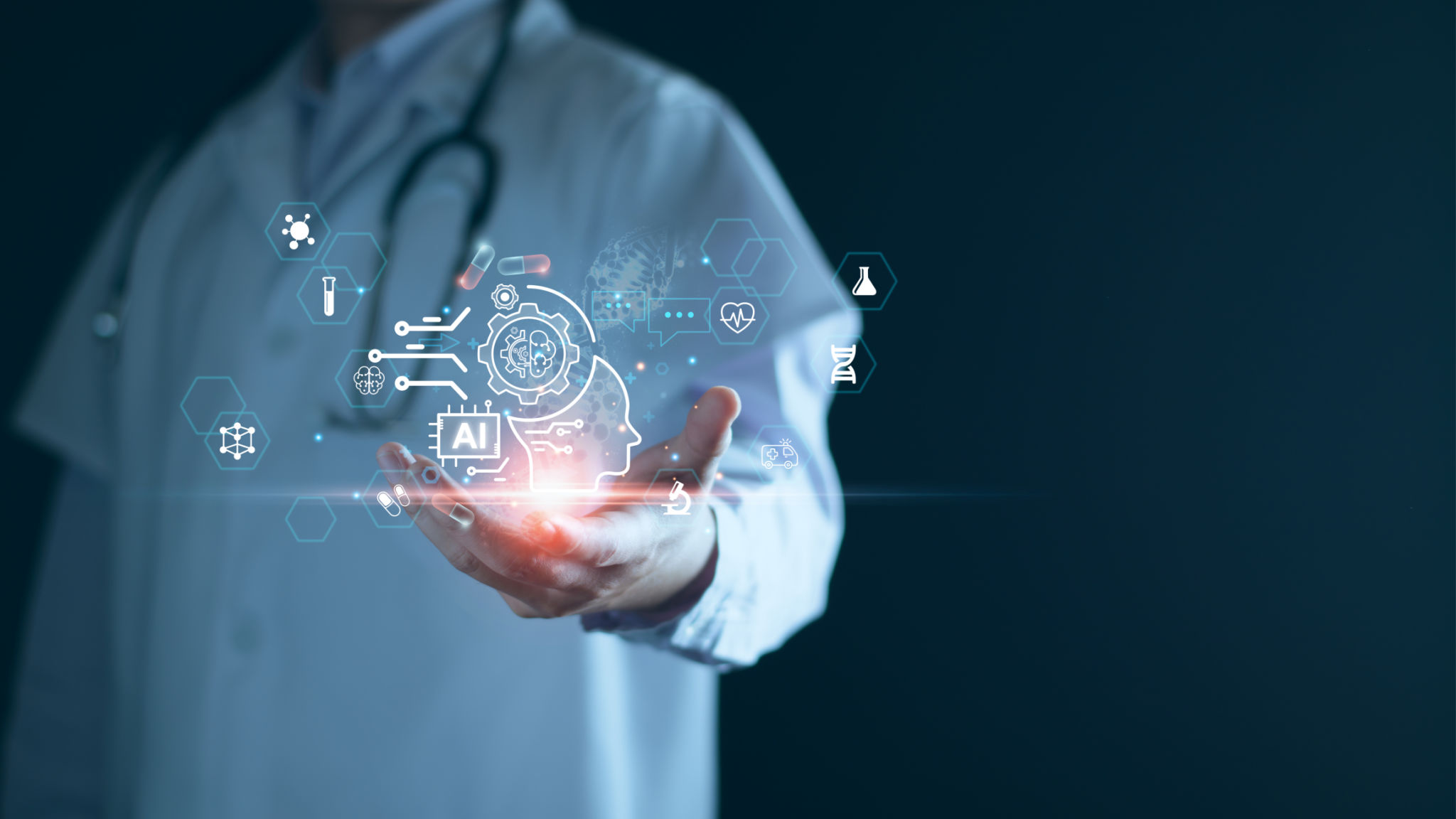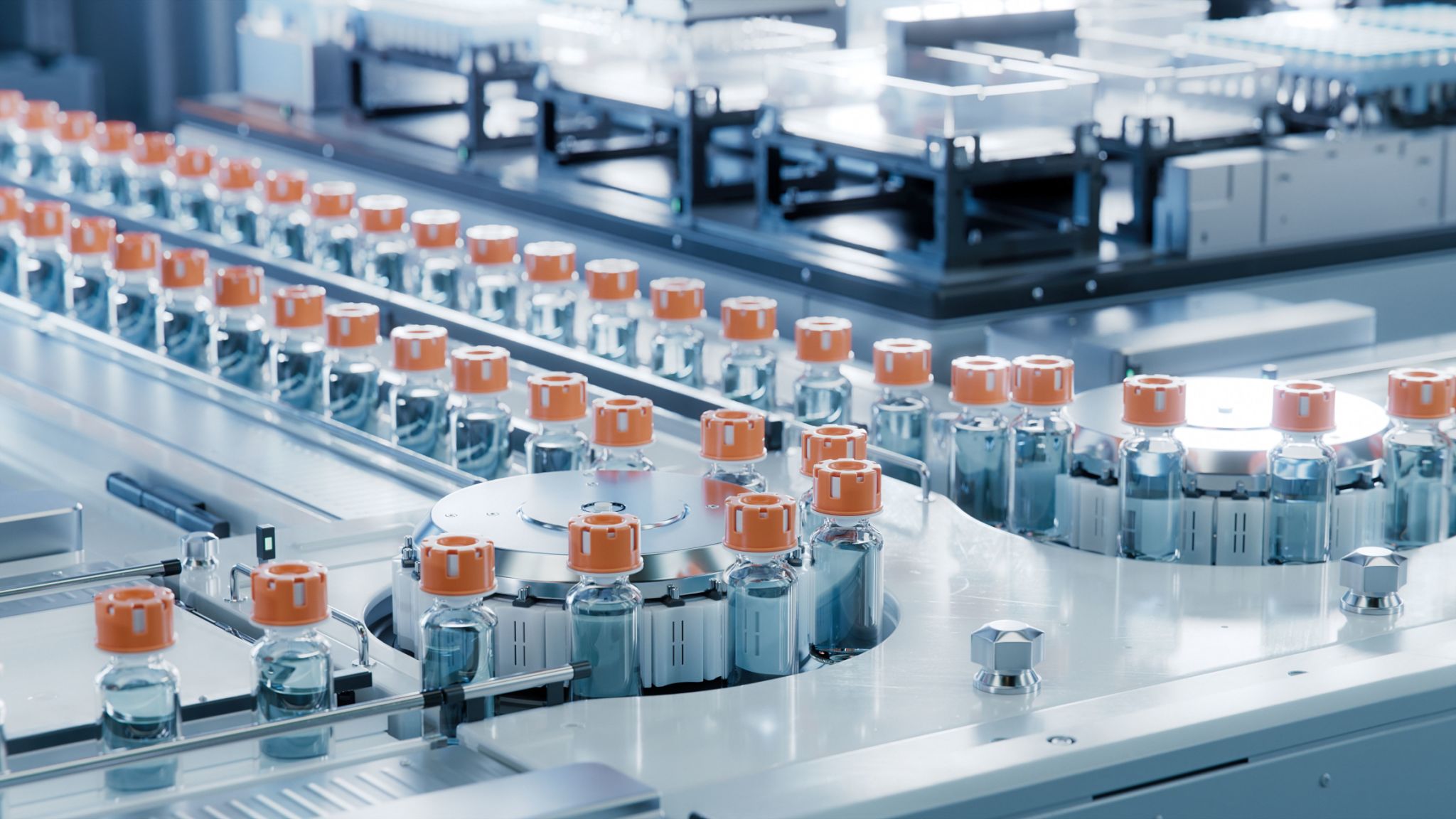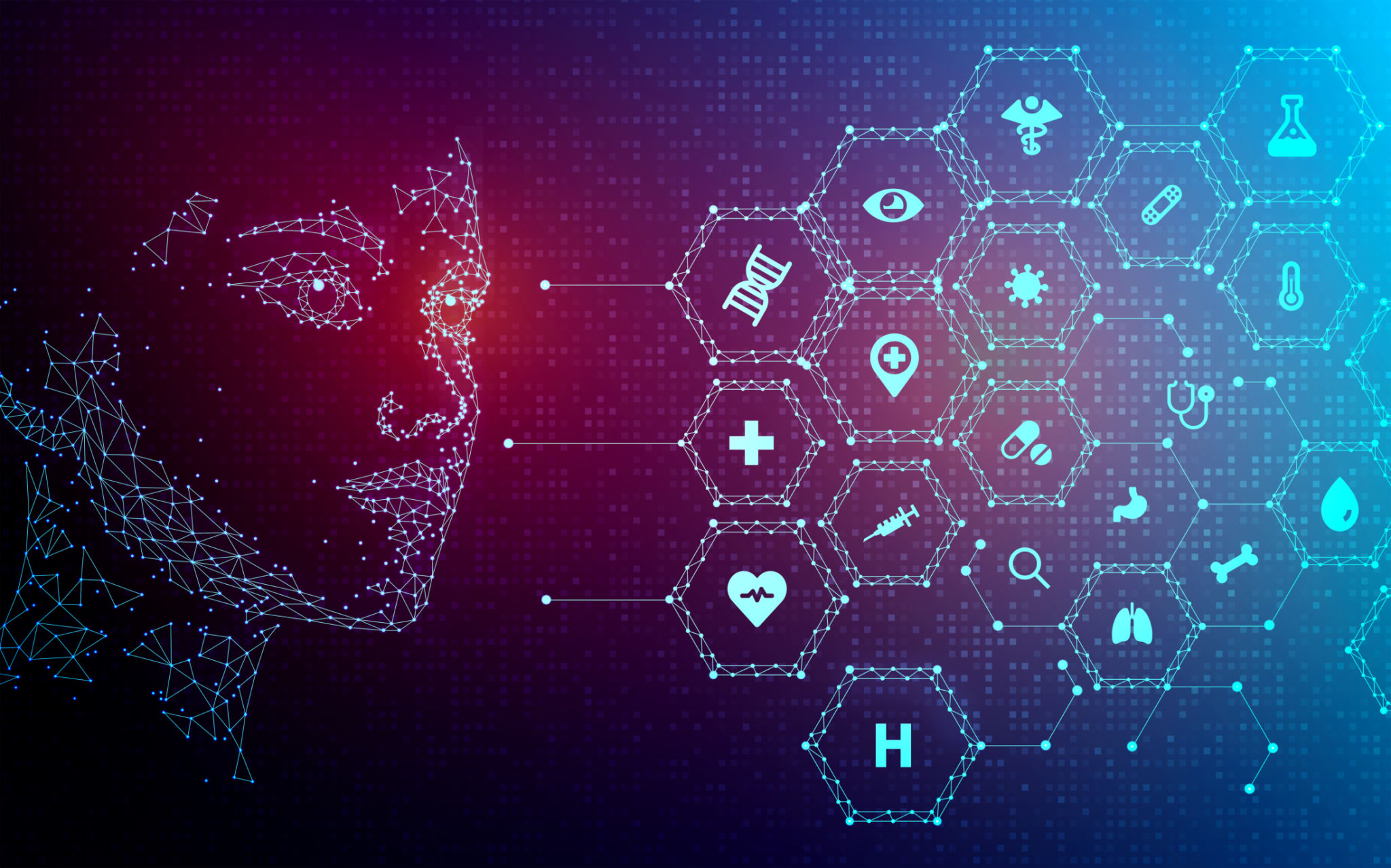The Role of Machine Learning in Developing Health Products
Introduction to Machine Learning in Healthcare
Machine learning (ML) has rapidly transformed various industries, and healthcare is no exception. The integration of ML into healthcare product development has opened new avenues for innovation, efficiency, and personalized care. By leveraging vast amounts of data, ML algorithms can analyze complex information at unprecedented speed and accuracy, leading to enhanced health products.

Enhancing Diagnostic Tools
One of the most significant contributions of machine learning in healthcare is enhancing diagnostic tools. Algorithms are now capable of analyzing medical images, such as X-rays and MRIs, with remarkable precision. This capability aids radiologists in identifying anomalies that might be missed by the human eye, leading to earlier detection of diseases like cancer.
Moreover, ML can help predict patient outcomes by analyzing historical health data, enabling healthcare providers to customize treatment plans. This predictive capability ensures that patients receive the most effective therapies tailored to their unique conditions.
Revolutionizing Drug Development
The pharmaceutical industry has also benefited from machine learning, particularly in drug discovery and development. Traditional methods of drug development are notoriously time-consuming and costly. However, ML algorithms can sift through vast chemical databases to identify promising compounds faster than ever before.

Furthermore, ML helps optimize clinical trials by identifying suitable candidates and predicting potential side effects. This streamlining of processes not only accelerates the development of new drugs but also reduces costs, making essential medicines more accessible to patients worldwide.
Personalizing Patient Care
Machine learning is at the forefront of personalizing patient care, a trend that is shaping the future of medicine. By analyzing patient data, ML can offer insights into individual health patterns, allowing healthcare providers to tailor treatments that cater specifically to each patient’s needs.
This individualized approach ensures better patient outcomes and enhances overall satisfaction with healthcare services. For chronic illnesses such as diabetes or cardiovascular diseases, personalized care plans can significantly improve quality of life and reduce hospital visits.

Improving Health Monitoring Devices
Health monitoring devices have become more sophisticated with the integration of machine learning. Wearable technology, such as smartwatches and fitness trackers, now includes advanced algorithms that continuously analyze user data to monitor vital signs and detect irregularities.
These devices alert users and healthcare professionals about potential health issues before they become critical. The continuous stream of data collected by these devices provides invaluable insights into daily habits and long-term health trends.
Challenges and Future Prospects
While the role of machine learning in developing health products is transformative, it also presents challenges. Data privacy and security remain significant concerns, as sensitive patient information must be protected from unauthorized access. Additionally, ensuring the accuracy and reliability of ML algorithms is critical to maintaining trust in these technologies.

Despite these challenges, the future of machine learning in healthcare looks promising. Ongoing advancements in AI and data analytics will continue to refine and enhance health products, ultimately improving patient care and outcomes worldwide.
